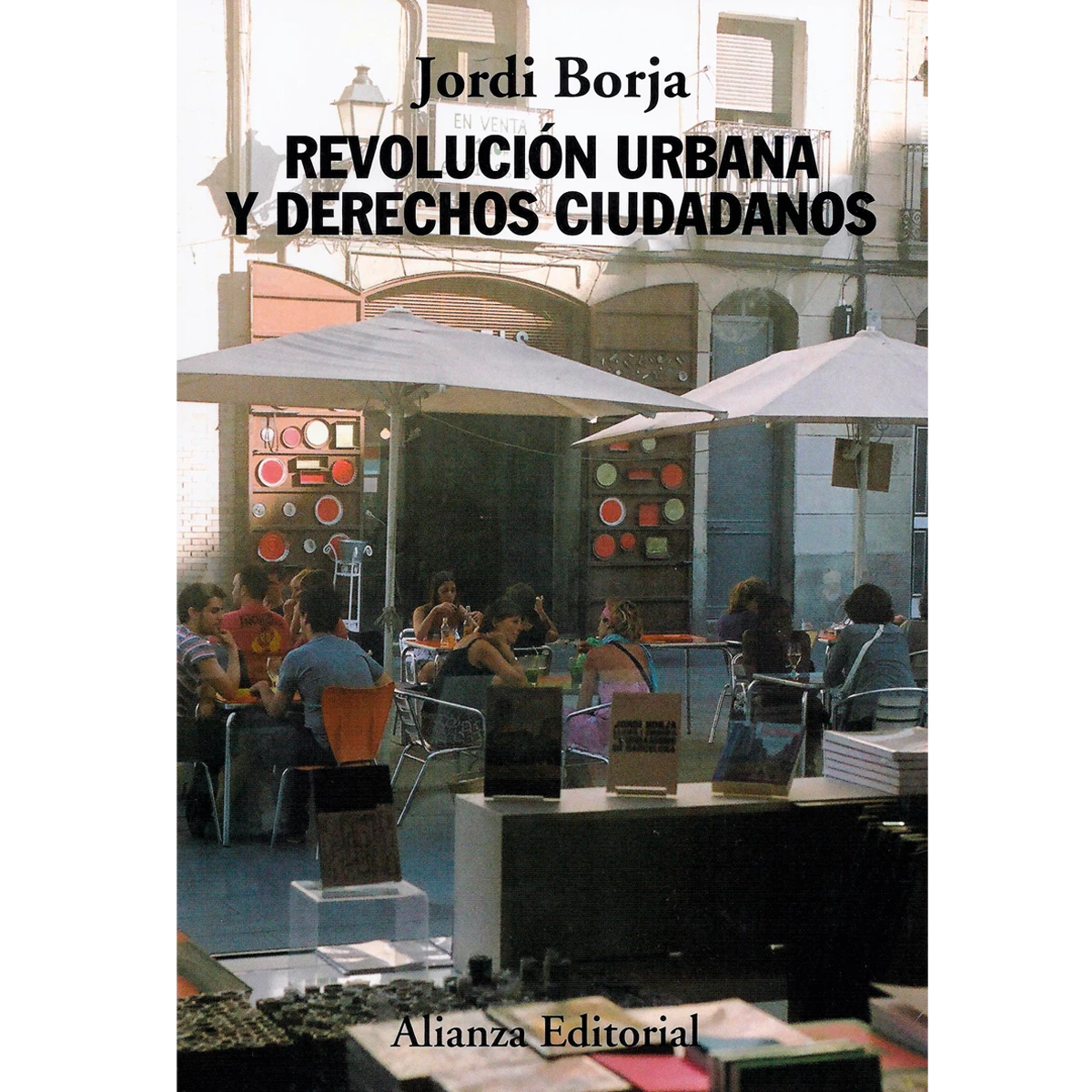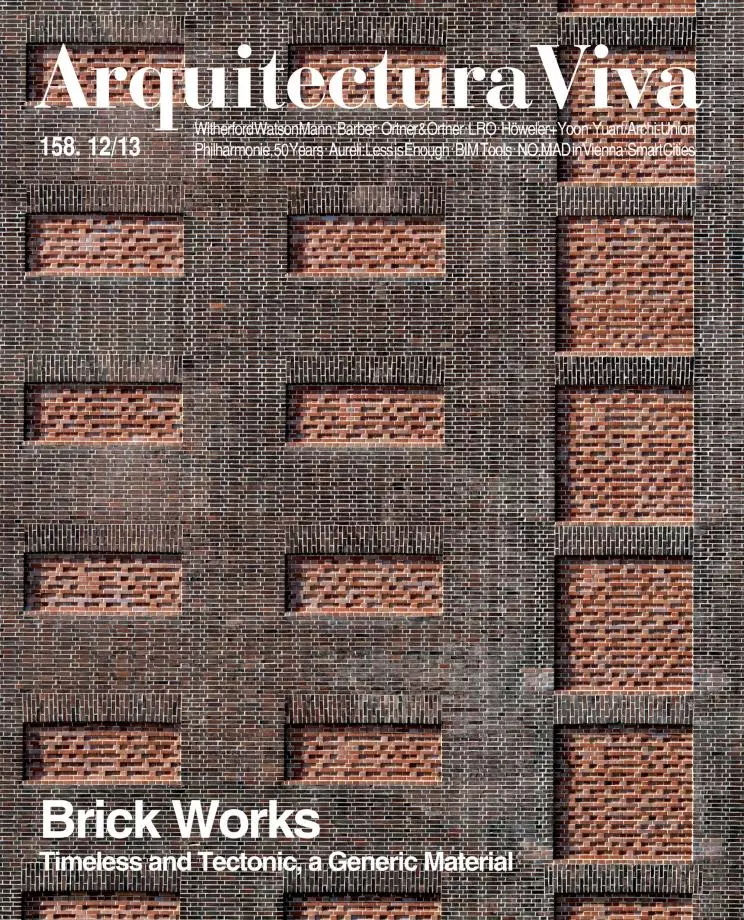
Accpting urban planning as a fundamental tool in the struggle for a more unified, more just, and less discriminatory society is the starting point in regarding the city as an inalienable right. In ‘Urban Revolution and Citizens’ Rights’, Jordi Borja puts himself at the service of this idea, which unfortunately tends to be absent in the agendas of political and technical circles involved in territorial planning.
The author begins with an accurate analysis of the effects that capitalist globalization of the last decades is producing on the world’s new dispersed metropolises and the societies they harbor. Far from setting black-and-white, one-way criteria, the book is a work of tensional dialogue and synthesis between two opposed stands, presenting the pros and cons of the globalizing process and proposing measures to curb the devastating effects of the ongoing urban revolution, in what amounts to an active metropolitan, social, and civilian counter-revolution.
Seven chapters bring up issues as pressing as the social inequalities created by the new dispersal of cities, the obstacles to egalitarianism, the deficits in social and ecological justice that are caused by weak local and regional governments, or the presence of undemocratic practices in the administration of the new urbs. The book ratifies what G.K. Chesterton said about civic revolutions: “The people can never rebel if they are not conservative, at least enough to have conserved a reason to rebel.”







